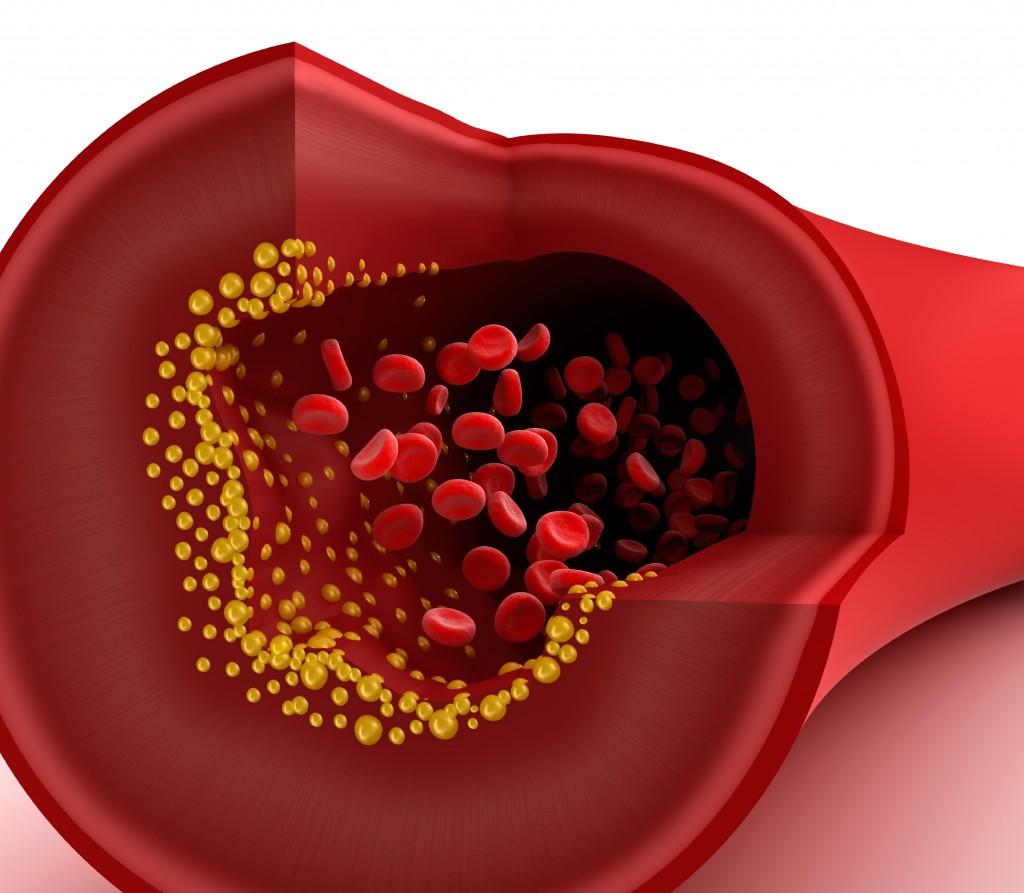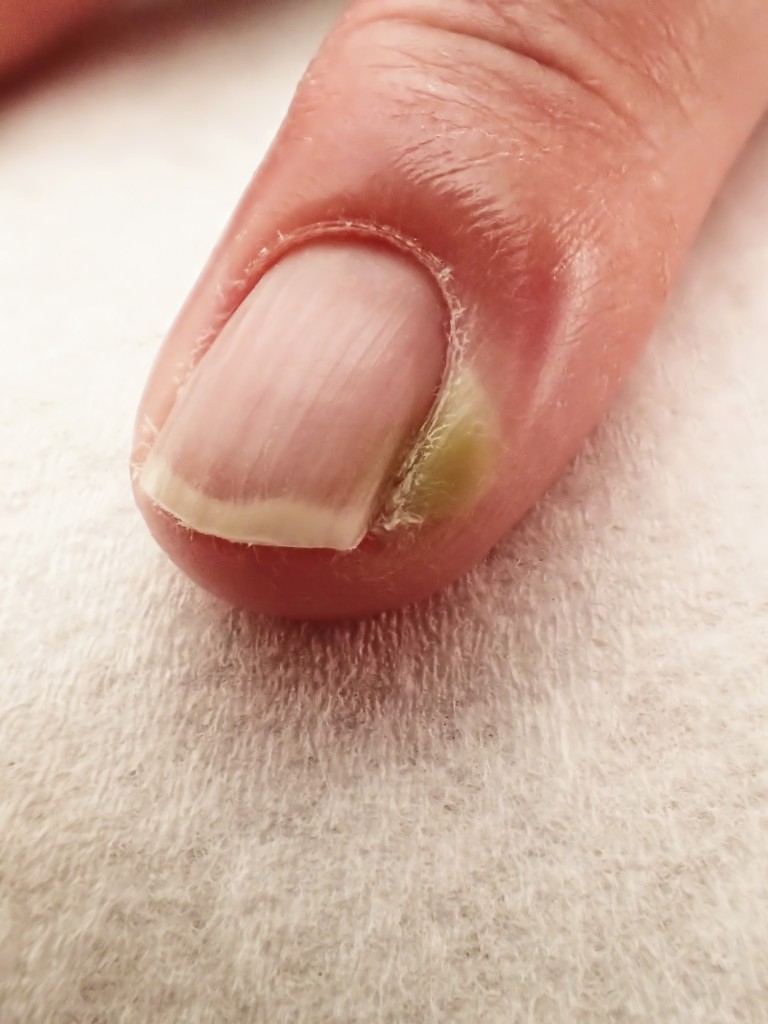Hi from the mailbox!
Another great Healthy Matters show this week -thanks to the listeners who are up on a Sunday morning – getting dressed, eating breakfast, going to church, drinking their coffee – and tuning in to listen to me talk about fungus and pus. So a heartfelt THANK YOU to Healthy Matters listeners and for your terrific questions by text and phone.
If you have not heard the show yet, you can do so a few ways:
- Live radio broadcast: WCCO 8-3-0 AM dial – Sundays 7:30 a.m. Central
- Live streaming on your computer/mobile: WCCO.COM – Sunday 7:30 a.m. Central
- Podcasts for listening at your convenience – podcasts available here.
The whole shebang is sponsored by my organization, Hennepin County Medical Center (HCMC) in be-yoo-tee-ful downtown Minneapolis.
This week’s post features quick answers to questions I received on the show. These are quick and incomplete, so make sure to talk to your own doctor to learn more.
I’ll also be doing some video posts where I can answer questions by talking rather than typing . . . look for those soon.
From the Healthy Matters mailbag

Several questions this week about cholesterol numbers, like this one . . .
“My doctor recommended coming back in 6 months for repeat of cholesterol numbers and tweaking my lifestyle. Is there an alternative to statins?”
Short answer: Dyslipidemia, which basically means your cholesterol is out of whack, is a risk factor for developing cardiovascular problems in the future. Statins remain the medications with the most scientific evidence to prove that they work. There are alternatives, but none with such strong proof to back them up.
Longer answer:
- LDL = low-density lipoprotein. LDL = bad. You want this one low.
- HDL = high-density lipoprotein. HDL = good. You want this one high.
- Triglycerides = fats floating around your blood stream. You want this low.
- Total cholesterol = a combination of the above (but you can’t simply add up the 3 of them to get your total cholesterol – it is a more complicated formula).
Your body actually requires cholesterol for life since it is part of cell membranes and an important part of the normal steroid hormones that your body makes. Most cholesterol is manufactured in your liver, with only a modest amount coming from your diet.
The trouble for many of us is that our cholesterol factories (aka your liver) don’t have an “off” switch. It simply makes too much. Think of statin medications as the “off” switch. Yes, they have side effects (the most common one is muscle problems) and as science progresses, we will undoubtedly learn more about these medications. But for now, for the right people, if you have cholesterol problems statins are the best way to reduce your risk of heart disease.
have an “off” switch. It simply makes too much. Think of statin medications as the “off” switch. Yes, they have side effects (the most common one is muscle problems) and as science progresses, we will undoubtedly learn more about these medications. But for now, for the right people, if you have cholesterol problems statins are the best way to reduce your risk of heart disease.
Who are the right people for statins? Here are the latest guidelines (new in 2015):
- People who do not have known cardiovascular disease and are between 40 and 75 years old and have a 7.5 percent or higher risk for heart attack or stroke within 10 years.
This is cool and you should do this –> to find out your 10-year risk of heart disease, click here.
- People with a history of heart attack, stroke, stable or unstable angina, peripheral artery disease, transient ischemic attack, or coronary or other arterial revascularization. (Basically if you have known cardiovascular disease).
- People 21 and older who have a very high level of bad cholesterol (190 or higher).
- People with Type 1 or Type 2 diabetes who are 40 to 75 years old.
There are a LOT of people who could be taking these medications and receiving the benefit of reduced risk of heart disease. Click here for a nice discussion of the guidelines.
Read on for another related question . . .
“I thought the higher the HDL cholesterol the better. My HDL was 100, LDL was 128, triglycerides 27. Doctor expressed concern that sometimes an HDL at either extreme can be a problem . . and ordered a VAP test.”
Here is an analogy that works for me. Bear with me, I made this up . . .

Think of LDL and triglycerides as “garbage” floating around your bloodstream and attaching itself to your blood vessel walls, like garbage accumulating on the curb.
Too much garbage = a mess of badness.
Now think of HDL as the “garbage trucks” driving around, picking up the garbage from the curb (vessel walls), and delivering it back to your liver where it can be processed and removed.
You want lots of garbage trucks.
So in general, you want an HDL that is high (preferably 50-60 or more). But can it be too high, as this questions asks? Well, yes, it is true that HDL that is not working properly is not only ineffective in its garbage truck duties, but may actually be harmful. However, we really don’t know what to do with that information.
The VAP test is a series of advanced tests that can more accurately pinpoint your cholesterol situation. As I mentioned on the radio, however, we still don’t know what to do with the information since getting the test will usually not lead to any change in treatments. After all, we don’t really have any additional proven treatments. So you can get the VAP test if your doctor recommends it, but be prepared to hear the same advice when it is back: eat healthy, exercise, don’t smoke, take a statin if indicated.
And choose your parents carefully.
On to a new topic from the mailbox . . .
“Do acid control medications cause Alzheimer’s Disease?”
Short answer. We don’t know.
Longer answer: This one has been in the news as of late since a group of German researchers published the results of their study which showed an association between proton-pump inhibitor use (PPI) and the development of dementia. The study was in people over 75 who did not have dementia at the outset, but who were taking one of the common acid-suppressing agents called PPIs. Examples (among many others) of these drugs are omeprazole (Prilosec) and lansoprazole (Prevacid).
The study showed that more people on these medications developed dementia than those not taking them. Why this may be the case is not known. But it is really important to note that the association between these medications and dementia is not proof of causation. In other words, these medical studies do not prove that doing one thing (taking the acid-suppressing medications) actually causes the other thing (getting dementia). Here’s a link to the actual study if you are super into medical journal articles with subtitles like “A Pharmacoepidemiological Claims Data Analysis” – I’m not joking, that is the actual subtitle of this real page-turner.
Bottom line: this is not a reason to stop taking your acid-suppressing medications if you have a strong indication to do so (you have proven acid-reflux disease, for instance). I should add that many people take acid-suppressing medications for shakier reasons and probably don’t need them in the first place.
One more for the good measure . . .
“Paryonychia on thumb. Causes?”
Paronychia is an inflammation around the finger- or toenails. It is sometimes chronic (long-lasting) but often acute (comes on quickly and resolves). It is usually due to a bacteria or fungus getting in the grooves around your nails. It shows up as a sore, red, and swollen area around the nail. The acute kind may be due to minor daily-living types of activities (dishwashing, trimming nails, minor trauma . . . ) and may not need any specific treatment other that putting warmth or topical anti-inflammatories on it.
If there is pus oozing out of it, you may need antibiotics or drainage by your doctor. Chronic paronychia may be due to a fungal or allergic type of dermatitis, and may require topical treatments with anti-inflammatories or anti-fungals.
The rest of the mailbox
To give you a sense of the range of topics on a typical Healthy Matters Open Lines show – I’ll show you a partial and condensed list of the topics listeners raised this week but that I did not get to cover. I’m struck by the range of questions – and also just how legitimate they all are! Doing the radio show really makes me aware of the shared human condition – I bet most of us can relate to something on this list . . . !
- Febrile seizures in infants.
- What is neuropathy?
- Clostridium difficile infections.
- Atrial fibrillation.
- Cold sores in a young adult.
- Epilepsy in children.
- Ear infections.
- Testing for Diabetes type 2.
- What is pre-diabetes?
- Causes of dry tongue?
- Carpal tunnel syndrome.
- High calcium in blood tests.
Keep listening, keep checking out the blog . . . and if you have a preference for what I should cover in the future please leave me a comment and I’ll do my best!

